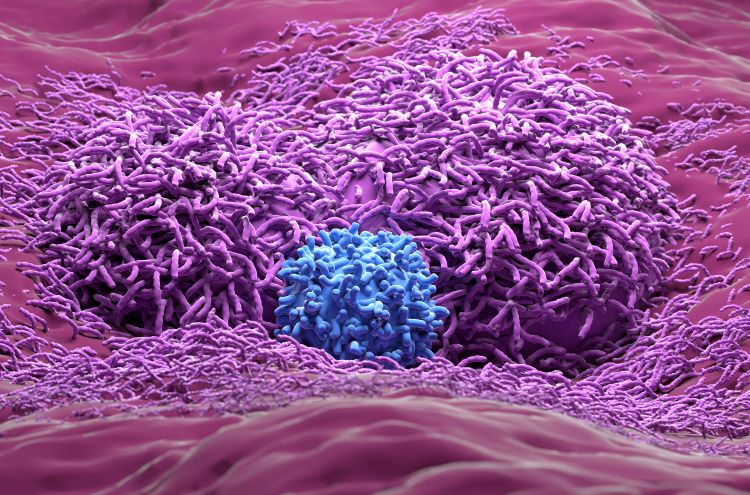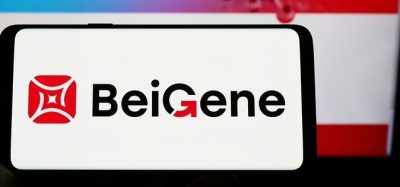Phase III trial shows tislelizumab improves outcomes for liver cancer patients
Posted: 16 August 2022 | Caroline Peachey (European Pharmaceutical Review) | No comments yet
Phase III trial results indicate BeiGene’s tislelizumab improved overall survival in patients with unresectable hepatocellular carcinoma (HCC) versus sorafenib.


The Phase III RATIONALE 301 study evaluated the efficacy and safety of tislelizumab versus sorafenib as a first-line systemic treatment in participants with unresectable hepatocellular carcinoma.
Hepatocellular carcinoma, or HCC, is the sixth most common type of cancer worldwide. HCC accounted for more approximately 85 percent of the 900,000 new liver cancer cases in 2020, according to the Globocan 2020 database.
Despite improvements in screening, surveillance rules, and imaging, more than two-thirds of patients with HCC present with advanced disease at diagnosis, BeiGene said.
“Patients with unresectable HCC face a devastating prognosis, with a median life expectancy of one year,” commented Mark Lanasa, MD and Chief Medical Officer, Solid Tumours at BeiGene.
“Currently there are few treatment options if patients cannot tolerate [tyrosine kinase inhibitor] TKI therapy or if their condition progresses,” he added.
BeiGene is developing tislelizumab internationally as a monotherapy and in combination with other therapies for the treatment of a broad array of both solid tumour and hematologic cancers.
The RATIONALE 301 Phase III randomised, open-label study included more than 600 patients in the US, Europe and Asia.
The primary endpoint of non-inferiority of overall survival (OS) between the two groups of patients was met, BeiGene said. In addition, the safety profile for tislelizumab was consistent with previous studies and no new safety signals were reported.
Secondary end points included overall response rate (ORR), progression-free survival, durability of response, and time to progression, as well as measures of health-related quality of life, and safety and tolerability.
BeiGene said it was planning to share the full clinical trial results at an upcoming medical conference. The study marks the eighth positive Phase III trial readout for tislelizumab across multiple cancer types and lines of therapy, BeiGen added.
About tislelizumab
Tislelizumab is a humanized IgG4 anti-PD-1 monoclonal antibody specifically designed to minimise binding to Fc-gamma (Fcγ) receptors on macrophages, helping the body’s immune cells to detect and fight tumours.
In January 2021, BeiGene and Novartis announced a collaboration granting Novartis rights to co-develop, manufacture, and commercialise BeiGene’s tislelizumab in North America, Europe, and Japan.
In a Phase III trial completed last year, tislelizumab improved overall survival in patients with oesophageal squamous cell carcinoma by 30 percent. Following this trial, in September 2021 the US Food and Drug Administration accepted a Biologics License Application (BLA) from BeiGene on behalf of Novartis in the US. The BLA is still under review.
Overall, the global tislelizumab clinical development programme includes more than 11,000 subjects enrolled to-date in 30 countries and regions. BeiGene said it has initiated or completed 22 registration-enabling clinical trials on tislelizumab.
Related topics
Anti-Cancer Therapeutics, Antibodies, Clinical Trials, Drug Development, Drug Safety, Drug Targets, Immunotherapy, Therapeutics









